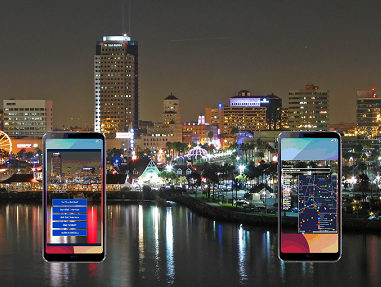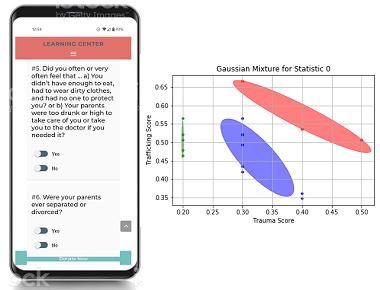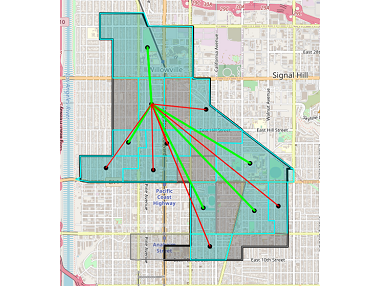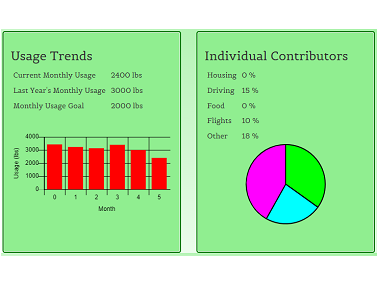
SSTS recently submitted a bid to the city of Long Beach for two separate Smart Cities processes.
The first was related to the development of an in-field app for police officers to report incidents. The incidents go into a database and are compared with similiar incidents to guide police in their course of actions for their investigations.
The second was related to the provision of resources for the homeless population. SSTS relied on its geographic and geospatial capabilities to provide an app that guides field workers to give the homeless clients nearby resources for their specific needs.
Despite a final no-bid decision by the city of Long Beach due to Covid-19 pandemic priorities, SSTS has these apps ready to be implemented and expanded upon when the need arises.





